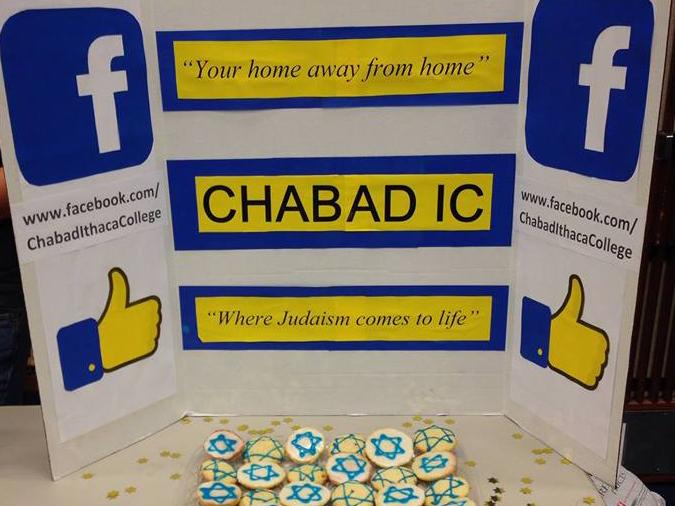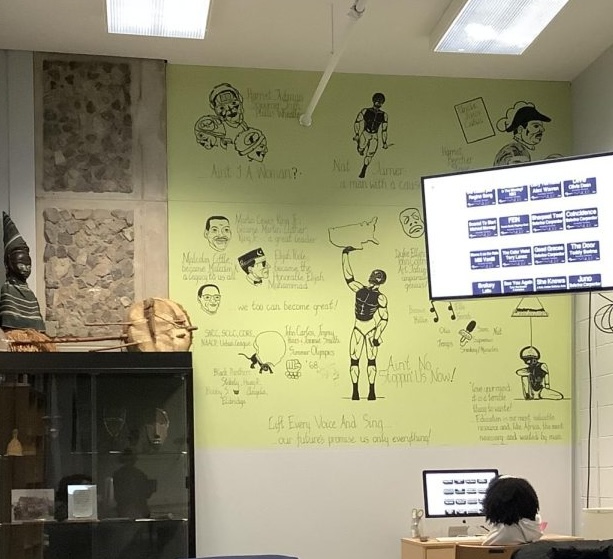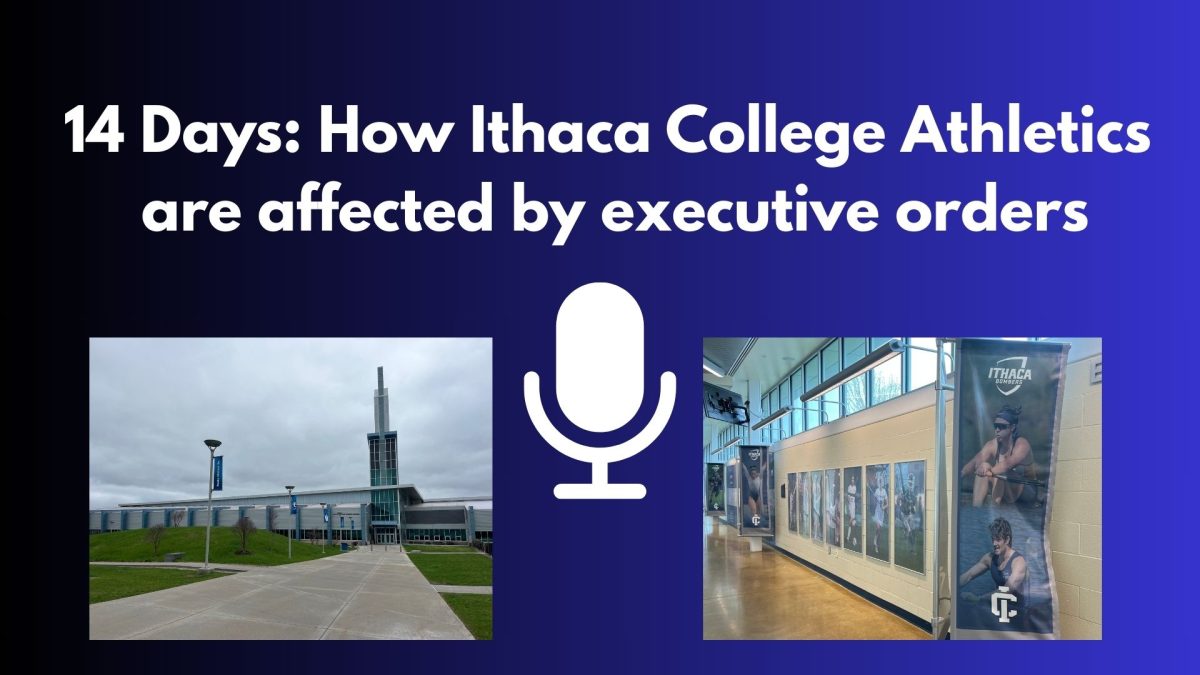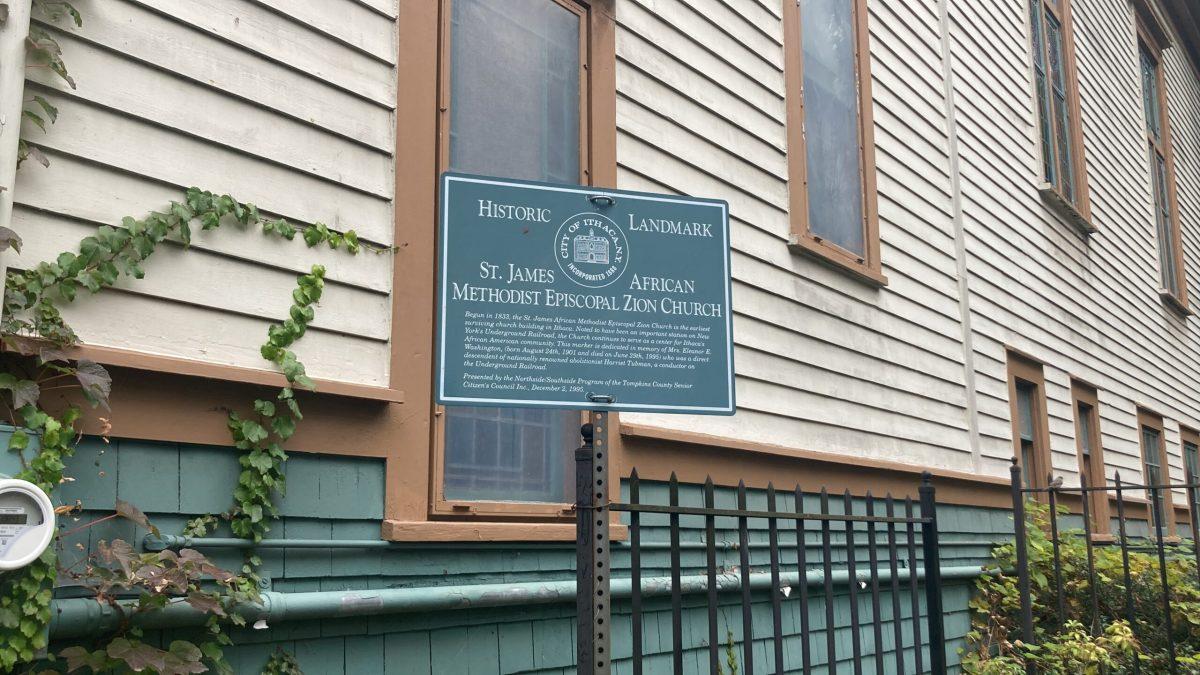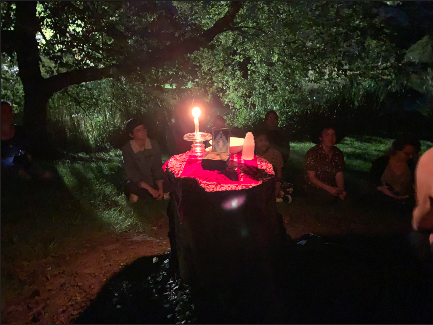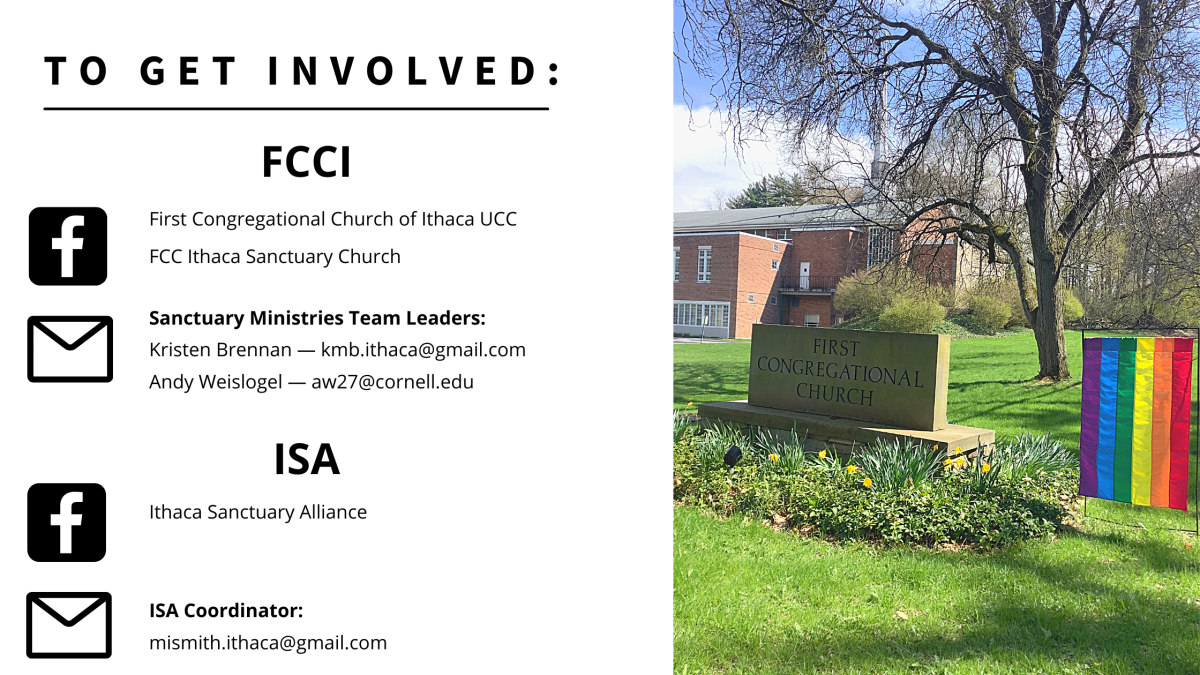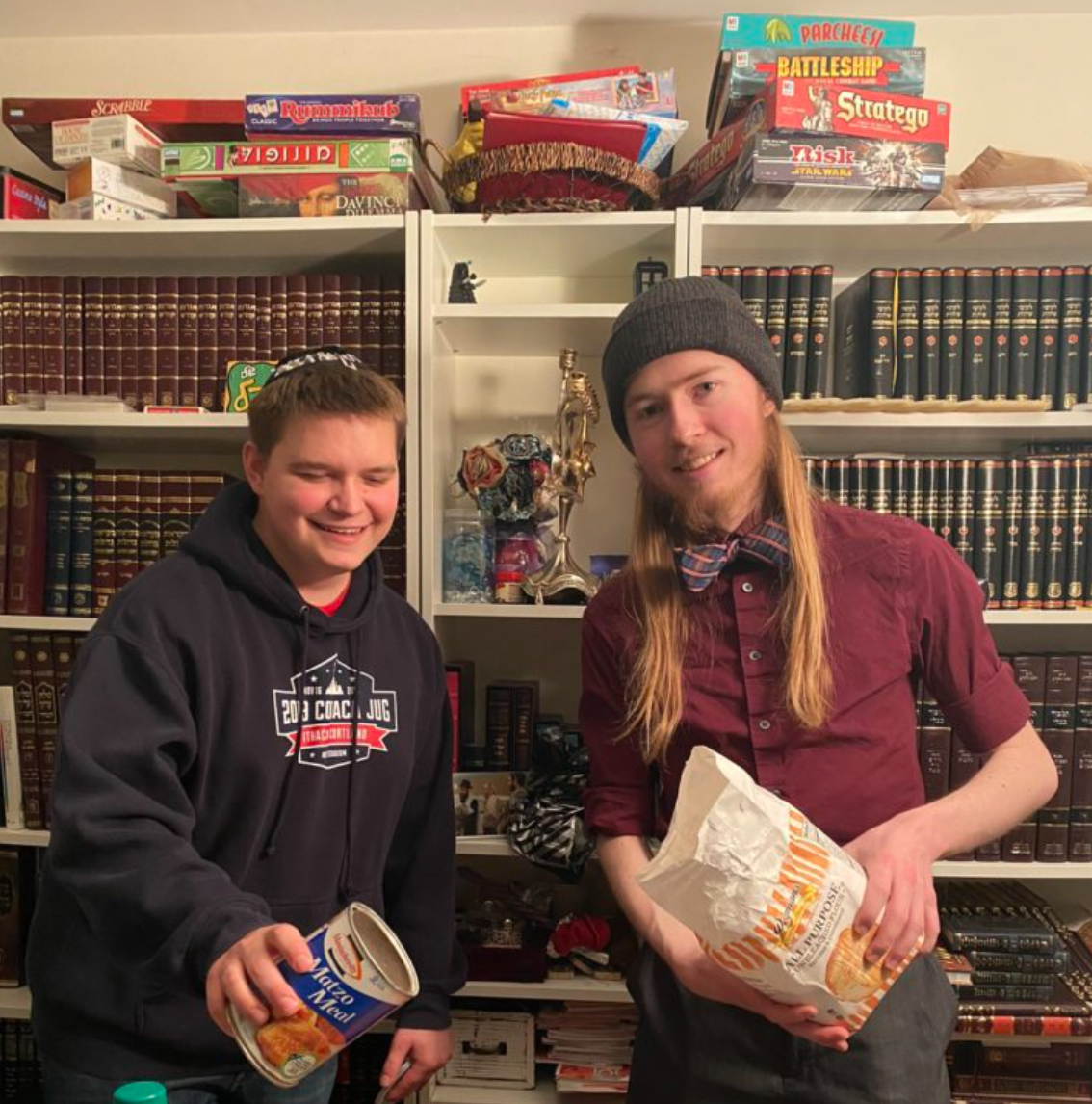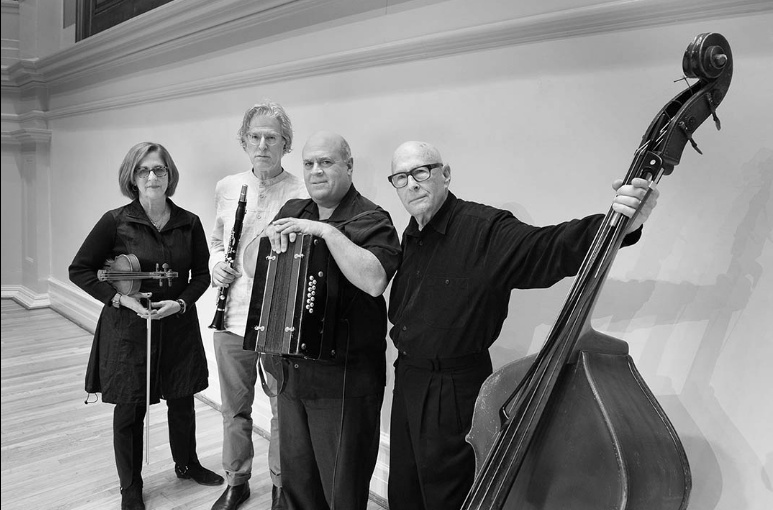At sunset on a Friday evening, Ithaca College senior Zach Lipson turns off his cellphone and places it in a corner of the room with the phones of others. It is Shabbat, the day of rest in the Jewish faith, and a small group of locals are attending the weekly Shabbat dinner at the home of Rabbi Yossi Cohen.
For Lipson, Shabbat dinner is not only a way to connect with his Jewish identity, but also a time to disconnect.
“It’s a chance for you to put down the phone,” Lipson said. “You talk about your week and what’s ahead. It’s a much more human interaction, and it’s a nice change from our usual technology-heavy lifestyle.”
Shabbat, also known as “Chabad” or “Shabbos”, is Friday, the last day of the week in Judaism. It coincides with what is believed to be the day of rest that God took after six days of creating the world. Those in observance may refrain from using any technology or doing any work that could be considered an act of creation, including acts like writing on a piece of paper.
Cohen hosts Shabbat dinners at his home in Ithaca every Friday night, and many who attend are Ithaca College students. Cohen said he thinks the dinners are a way that students can keep in touch with important religious traditions.
“It’s easy to, I guess, lose your identity in trying to fit in with everyone else,” he said. “What we strongly believe is that teaching a strong Jewish identity, not having to lose that, not having to lose that to be able to blend in to be part is important and doesn’t take away from being able to socialize and fit in with everyone.”
There are usually around seven to 15 people in attendance at the dinners, and there are a range of ways and frequency with which they practice their faith. For Yechiel Szeinuk, another Ithaca College senior who began attending Cohen’s dinners three years ago, the Shabbat dinner is a place where those in attendance enjoy what they have in common.
“You see some of the same faces, so it tends to build up that community that you’re looking for,” Szeinuk said.
Shabbat is a tradition that has been passed down through generations of Jewish families for thousands of years, and the growth and maintenance of interpersonal relationships is central during the night of prayer and conversation uninterrupted by technology. Sam Schloss, an Ithaca College senior, said he thinks this is a very important and enjoyable part of the Shabbat dinners.
“I love when time passes without technology. It just means that you are taking in the time well and you are finding more time to speak to people,” Schloss said. “Creating friendships and sharing stories is something important to do while developing relationships. If you can do that for a few hours in the day, it’s a successful day.”
These dinners are a way for locals to be a part of a community, and allow for students to observe important traditions even when they are away from their families. Lipson said he thinks having this community available is a way for him and his peers not to lose an important part of their identities in the hectic activity of college life. The different backgrounds and ways in which members of this community observe their religion adds to the experience.
“Bringing it back to the roots where it all started, it keeps the tradition alive,” Lipson said. “You learn a lot when you’re around those people. They may be more or less orthodox than you are, and I think that really is a great learning experience.”

